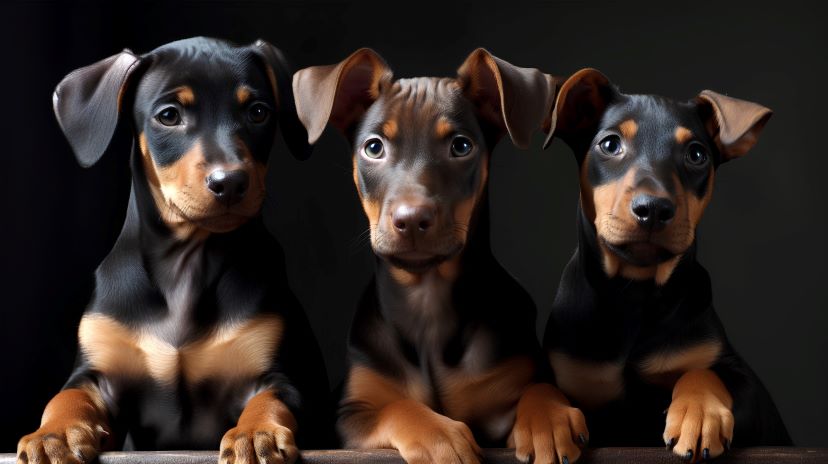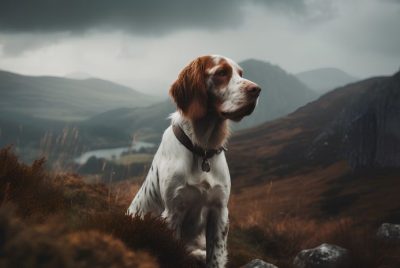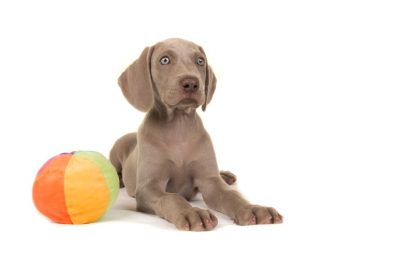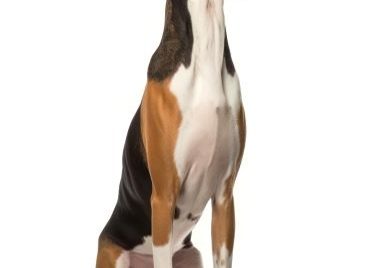Doberman Pinscher Traits & Characteristics
Introduction to Doberman Pinschers
If there’s one breed that stands out in my mind for its unique blend of beauty, intelligence, and protection, it’s the Doberman Pinscher. Known as Dobies to their fans, these dogs are a sight to behold and a joy to have around, assuming you can meet their specific needs.
Brief History of Doberman Pinschers
These dogs were bred in Germany in the 19th century by a tax collector named Louis Dobermann, who wanted a medium-sized pet to act as a guard dog as well as a companion. The resulting breed, the Doberman Pinscher, is known for its loyalty, alertness, and undying commitment to its owner.
Physical Traits of Doberman Pinschers
Size and Weight
Doberman Pinschers are considered a large breed. Adult males typically weigh between 75-100 pounds, while females weigh between 60-90 pounds. This isn’t a lap dog, but their sleek, muscular build gives them a majestic presence.
Coat and Colors
Their short, thin coat is easy to groom and comes in a variety of colors, including black, red, blue, and fawn, often with rust-colored markings.
Athletic Build
One look at their streamlined form and muscular structure and you can tell these dogs are built for speed and endurance. This athletic build demands regular exercise to stay healthy and happy.
Personality and Temperament of Doberman Pinschers
Intelligence and Trainability
Dobies are among the most intelligent and easily trainable dogs out there. With the right approach, they can learn and perform a range of complex tasks. However, they require mental stimulation to keep their intelligent minds occupied.
Protective Instincts
Doberman Pinschers are protective of their families and can be wary of strangers. Their loyalty and protective nature make them excellent guard dogs.
Energy Levels
This is a high-energy breed. A bored Doberman can develop behavioral problems. Regular exercise and active play are a must.
Health and Lifespan of Doberman Pinschers
Common Health Issues
Like all breeds, Dobies are prone to certain health issues such as hip dysplasia, heart conditions, and von Willebrand’s disease. Regular veterinary check-ups are crucial.
Proper Care and Maintenance
Their short coat needs minimal grooming, but they require a high-quality diet and plenty of exercise. Mental stimulation is just as important as physical activity.
Doberman Pinschers as Family Pets
Interactions with Children and Other Pets
Dobies can do well with children and other pets if they are socialized from an early age. Their protective nature can extend to the whole family.
Space and Exercise Needs
A home with a yard is ideal for this breed. They need space to move around and burn off their high energy.
Conclusion: Is a Doberman Right for You?
Doberman Pinschers are more than just beautiful dogs. They’re intelligent, loyal, and protective family members. If you’re prepared for the exercise and stimulation they need, and you want a dog that will offer unconditional love and protection, a Doberman Pinscher could be the perfect choice.
FAQs
- Are Doberman Pinschers aggressive?
No, Doberman Pinschers are not naturally aggressive. They are protective and can be assertive, but with proper socialization and training, they make excellent, well-behaved pets. - Are Doberman Pinschers good with children?
Yes, if socialized from a young age, Doberman Pinschers can get along well with children and can be protective of them. - How much exercise does a Doberman Pinscher need?
This high-energy breed needs plenty of daily exercise. At least an hour of exercise, along with mental stimulation, is recommended. - Are Doberman Pinschers easy to train?
Yes, thanks to their high intelligence and eagerness to please, Doberman Pinschers are generally easy to train. - How long does a Doberman Pinscher live?
The average lifespan of a Doberman Pinscher is around 10-12 years, but with proper care, they can live longer.




